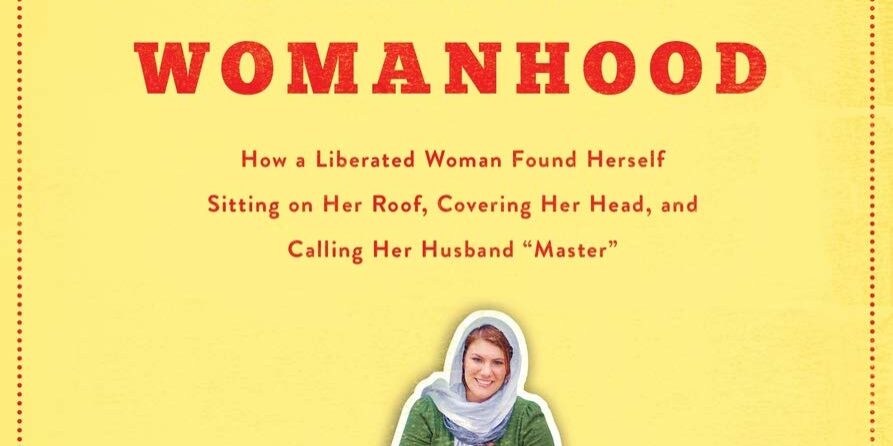Controversy and interpretation: A review of *biblical womanhood*

Rachel Held Evans makes biblical arguments throughout her book on biblical womanhood—but are those arguments for a biblical position or are they merely about the Bible? It’s hard to say, really, since once Rachel’s deconstructive work is done whether we can say “biblical” at all anymore. And it really matters, because it is possible that we would adopt a biblical nihilism that allows the “prejudices of love” to be determined by our experience, primarily, which we then read back into the text.
Which is to say, even if we do read our experience back into the text, the question is whether we should—or whether in doing so, our reading into is challenged and corrected by the text itself. At what point, in other words, is the standard of finding love and justice determined and decided by the text itself? Rachel points to the double-commandment to love God and neighbor, and that was Augustine’s move too. But Augustine thought love needed ordering if it’s to be any good, and Scripture was at every point a correction on us for doing so. But I think all this is ambiguous in Rachel’s book, which is why interpreters have come away with the impression she’s hollowed out the Bible despite her protestations to the contrary.



